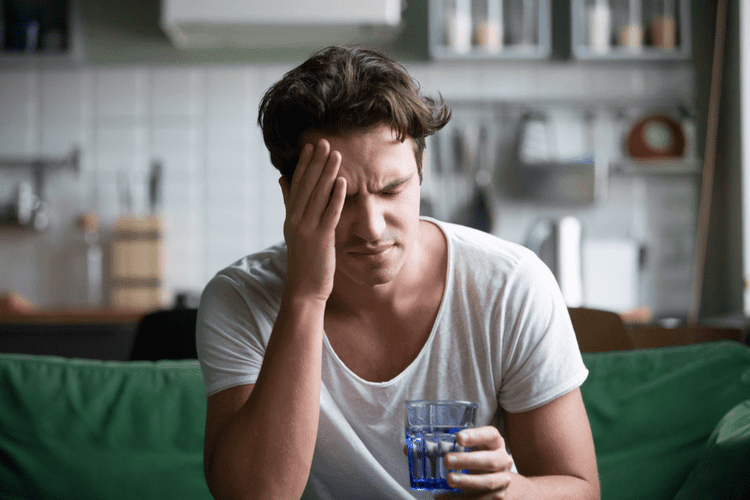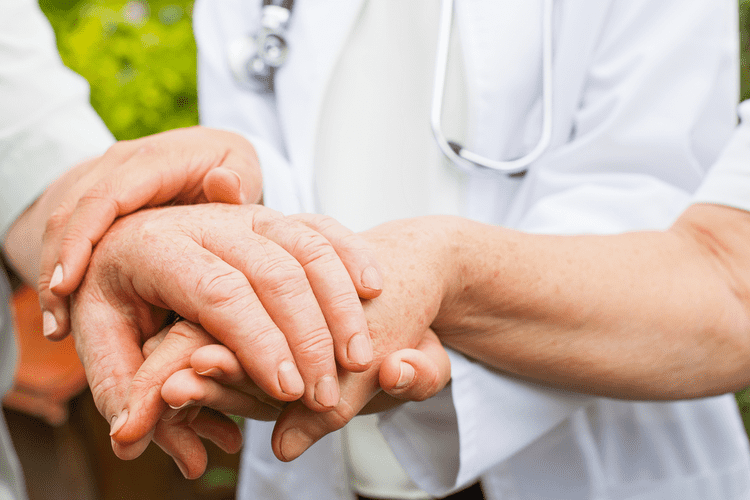In this case, the individual wants to avoid the shame and negative judgment that would result from refusing to behave in a helpful manner. Neutral peer pressure describes pressures to conform that are not harmful to others. This type of pressure occurs most frequently in adolescence and can involve conformity of fashion, speech patterns, and other neutral behaviors.

Teachers Also Have A Positive Influence
When you’re faced with a choice, ask yourself what your reasons are for doing something. If it’s because all of your friends are doing it and you’re afraid they won’t talk to you if you don’t join them, then you may want to reconsider. They should know that there’s nothing wrong with saying “no” to something, and they have every right to do so if they are feeling pressured to do something they don’t want to do. Yanet Vanegas, Psy.D., is a child and adolescent psychologist and private practice owner of A Secure Base Psychological Services LLC in Tampa, Fl. I remember standing in those moments, torn between doing something and staying silent.
Positive peer influence
This finding suggests that a person’s perception of their environment acts as a form of peer pressure, even when peers do not directly exert any pressure. Many people see peer pressure as having negative effects, such as encouraging someone to smoke. However, it is important to note that peer pressure can also sometimes be positive. For example, a person’s friends may encourage them not to use drugs. The key to resisting peer pressure is for the teen to have role models, new ideas, and the positive effects of healthy self-confidence. Reflection often builds self-awareness, which is a critical skill for resisting negative influences.
Peer Pressure vs. Parental Influence
- Yellowlees said that he was recently on a flight to Boston and was one of only three people aboard wearing a mask.
- No matter your age, you can practice not giving in to negative peer pressure and work on surrounding yourself with more positive influences.
- The key to resisting peer pressure is for the teen to have role models, new ideas, and the positive effects of healthy self-confidence.
- To support children in an age of screens and social media, it’s important for parents to teach healthy digital habits that encourage emotional health.
- If you or someone you know is struggling with the effects of peer pressure, don’t hesitate to reach out.
- When this child was asked to report their answer last in the presence of the other children, they would often give the same answer as their peers, even if it was incorrect.
Peer pressure occurs when a peer group exerts direct or indirect pressure to do certain actions. The term “peer” often refers to people one knows in real life and who have a similar social status to oneself. For example, television shows can convey to the public an acceptable way to behave, even though the people on TV do not know every individual they are influencing. A peer is someone connected to a person based on something in common. This could be age, similar interests, place of work or school, friends or attending the same events. Peer pressure happens when a peer or peers influence your thinking or behaviour in a specific direction.
The Positive Impact of Peer Influence
Teens may feel pressure to do things in a romantic relationship that they are not ready for, just to prove that they care about the other person. The pressure to be in a relationship may also be significant, even if teens don’t feel ready to be in one yet. We tend to hear more about the potentially negative effects of peer pressure. For instance, two friends might put positive pressure on each other to go to the gym together and stay accountable for their fitness goals. Resisting peer pressure may feel challenging, but people who truly care about their friends do not reject them solely because they do not use drugs or alcohol. A 2018 study explored the role of sex differences in peer pressure to smoke.

Access to professional counseling is crucial for those struggling with the effects of peer pressure on their mental health. Counseling allows individuals to explore their feelings and develop coping strategies in a safe environment. Immigrant communities may experience unique peer pressure dynamics that impact mental health. These individuals often navigate cultural expectations while integrating into new societies. https://givingcommon.org/blog/how-to-cheat-a-alcohol-hair-test-myths-and-realities/ This can lead to additional stressors such as family expectations, language barriers, and acceptance within peer groups.
It found that while both boys and http://www.allsouthpark.ru/index.php?option=com_content&task=blogcategory&id=17& girls experienced peer pressure, friends’ delinquent behavior influenced girls more than boys. Additionally, girls were more likely to select friends based on shared smoking status. In this article, we look at peer pressure and how it relates to drug use in more detail. We explain how peer pressure works, why it has the potential to lead to substance use disorders, and how people can resist peer pressure to use recreational drugs. Instead of making snap decisions think through the scenario as well as the positive and negative impact each outcome can have on your life.
Adolescence
For example, you may carry the pressure of academic achievement into your career. You may also face challenges like wanting to “keep up with the Jones’” and feel pressure to purchase items you cannot afford to maintain an image that fits into your work, social, or neighborhood environment. Resisting to peer pressure is not precisely easy and according to this scientific article, teens are too responsive to this pressure, so these recommendations are useful in helping adolescents not to give in.

The Ripple Effect: How Peer Pressure Impacts Behavior and Decision-Making
Most individuals have felt the https://freeblog4u.com/write-for-us/ pressure to conform to social norms, whether that’s to go out on the weekend or cover an extra shift. It can be tempting to do what others tell you to — especially if they’re colleagues or friends. Peer pressure is the social influence that others have on your decisions, ideas, and values, whether it’s positive or negative. The Children’s Health pediatric psychiatry and psychology department provides comprehensive services to support children’s and teens’ mental health.